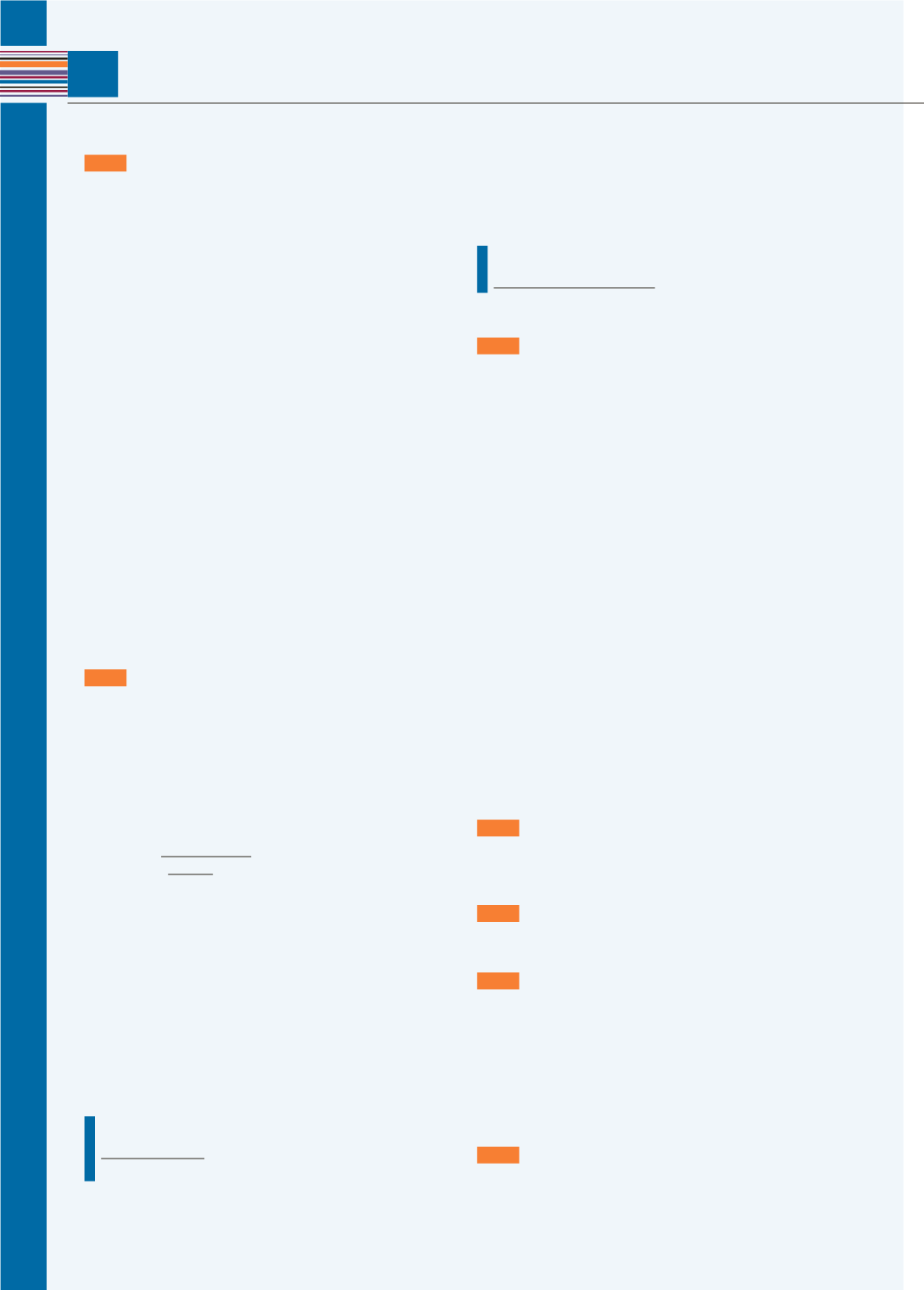
LANGUAGE REFERENCE
132
4
GRAMMAR
G1
FUTURE FORMS
WILL
Use
will
(
’ll
) to:
•
make decisions and promises at the time of speaking.
He hasn’t arrived yet, so we
’ll
just have to go
without him.
Sorry, I’m a bit busy. I
’ll
call you back in five minutes.
•
make predictions about the future.
Don’t worry, I’m sure you
’ll
pass your exam.
We often introduce the
will
future with words and
expressions like
think
,
probably
,
it’s (un)likely
,
I’m certain
.
I (don’t) think
you’ll be able to learn Spanish.
They
’ll probably
call us before they leave.
It’s (un)likely that
we’ll stop for a meal somewhere.
I’m certain
Rachel will be there.
GOING TO
Use
going to
to talk about plans or intentions
(something which you have already decided).
We’re
going to
visit my friends next week.
They’re
going to
watch a film tonight.
THE PRESENT CONTINUOUS
Use the present continuous to talk about fixed future
arrangements, usually involving other people.
I
’m meeting
Peter at the cinema at seven.
Nobody else
is coming
to the party.
G2
FIRST CONDITIONAL
Form the first conditional in the following way:
if
-clause
+ main clause
if
+ present simple
will/may/might/should
, etc.
If people only
learn
English at school, other languages
will die
out.
If you
come
to my house first, we
can go
together.
If he
asks
you for help, you
should say
‘yes’.
We don’t use
will
in the
if
-clause.
If people will only learn English at school, other
languages die out.
û
Use the first conditional to talk about real
possibilities.
If they
don’t hurry
, they
’ll miss
the plane!
I
’ll revise
more if it
helps
me pass the exam.
We can put the main clause first. If we do this, we
don’t use a comma.
I might buy a car if I save enough money.
UNLESS
Unless
means the same as
if not
.
Unless
we protect languages, they’ll become extinct.
=
If
we
don’t
protect languages, they’ll become extinct.
!
We don’t use a negative structure in the
unless
-clause.
Unless we don’t protect languages, they’ll become
extinct.
û
WHEN
AND
AS SOON AS
When
and
As soon as
can replace
if
in the first
conditional. We use them when we are very certain
that something will happen.
When
they arrive, call me and I
’ll
meet them.
As soon as
they arrive, we
’ll
start the meeting.
!
We never use a future tense with these time
expressions.
When the train will arrive, I’ll give you a call.
û
KEY LANGUAGE
KL
ACCEPTING AND REJECTING IDEAS,
CONSIDERING CONSEQUENCES
ACCEPTING IDEAS
I think you’re right.
It’s an interesting thought.
That’s a great idea.
OK, good idea.
Mmm, maybe you’re right.
Mmm, well, yes.
That’s a good point.
Yeah, right.
REJECTING IDEAS
(Mmm,) I don’t know about that.
I’m not sure about that.
I’m afraid I don’t like that idea.
I’m not in favour of it.
CONSIDERING CONSEQUENCES
If we do that, what will happen?
What will the effects be?
Let’s think this through.
OK? What’s the problem?
Maybe, but think about the consequences if we leave
them out.
VOCABULARY
V1
LANGUAGE LEARNING
accent, bilingual, dialect, false friend, foreign
language, grammar, native (adj), pronunciation,
second language, slang
V2
PHRASAL VERBS
catch on, fall behind, get by, keep up with, let down,
pay off, pick up, take up, take off
V3
BRITISH AND AMERICAN MONEY IDIOMS
go on a spending spree
look like a million dollars
splash out on
be broke
rip (someone) off / be ripped off
pass the buck
a cheapskate
tighten your belt
V4
LANGUAGE STYLE
appropriate, context, familiar, formal, friendly,
humorous, informal, medium, polite, register


